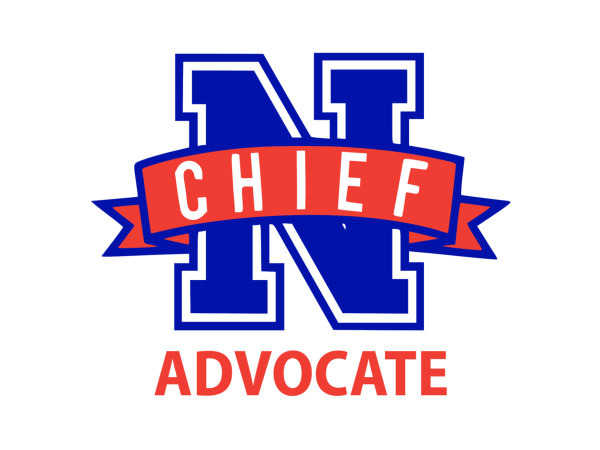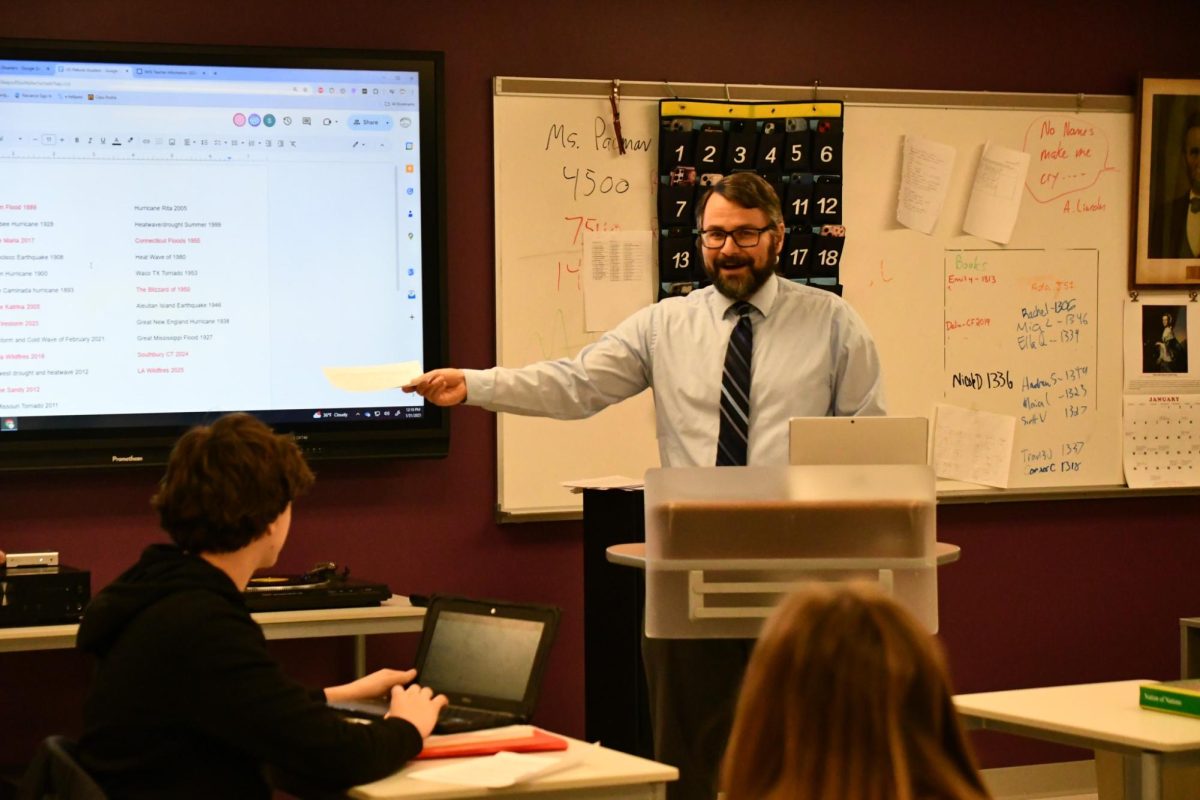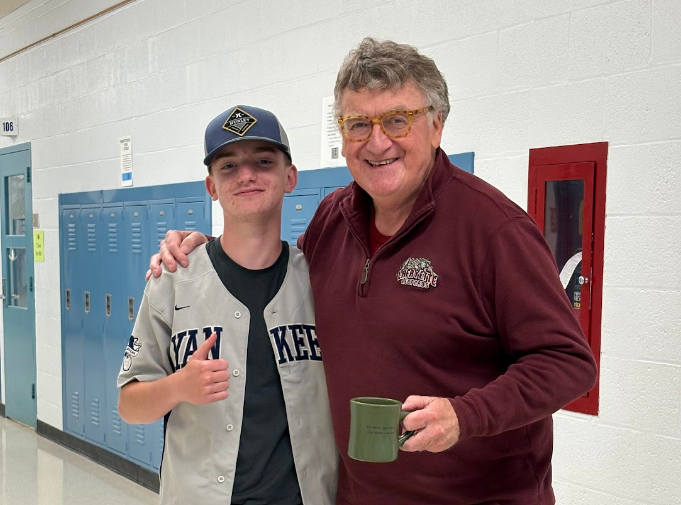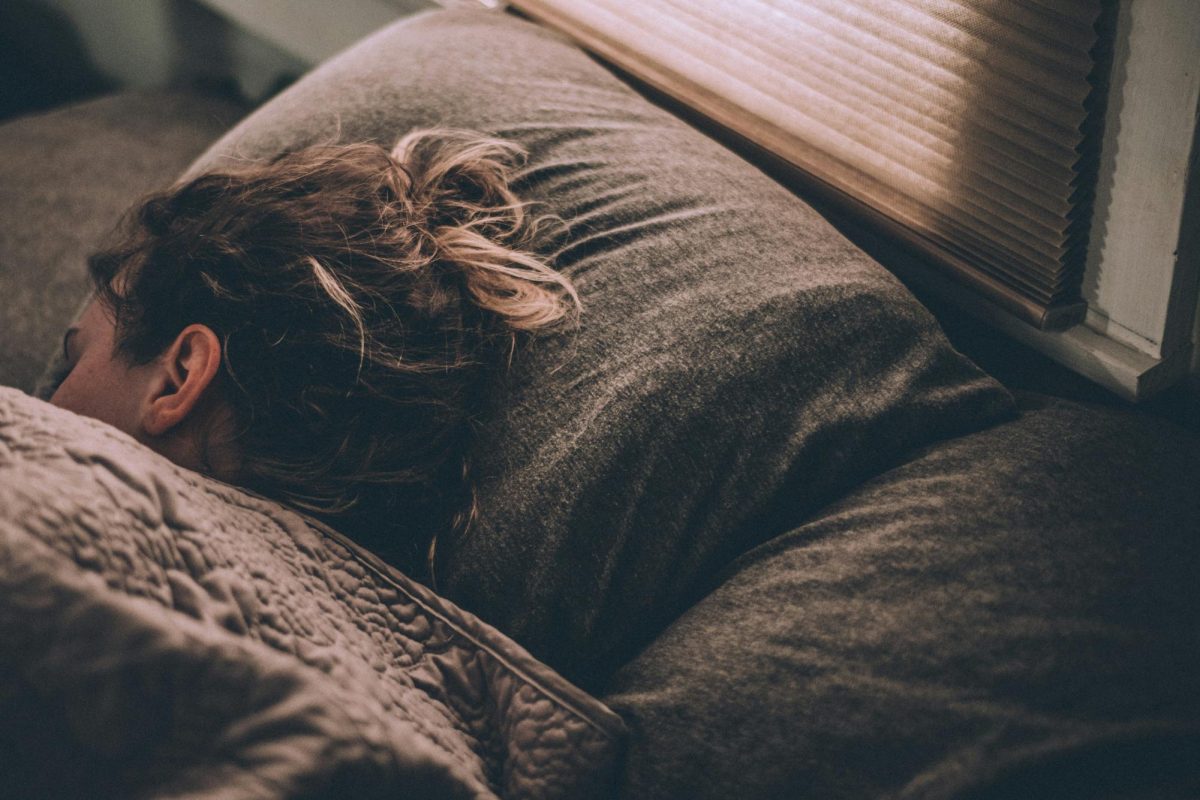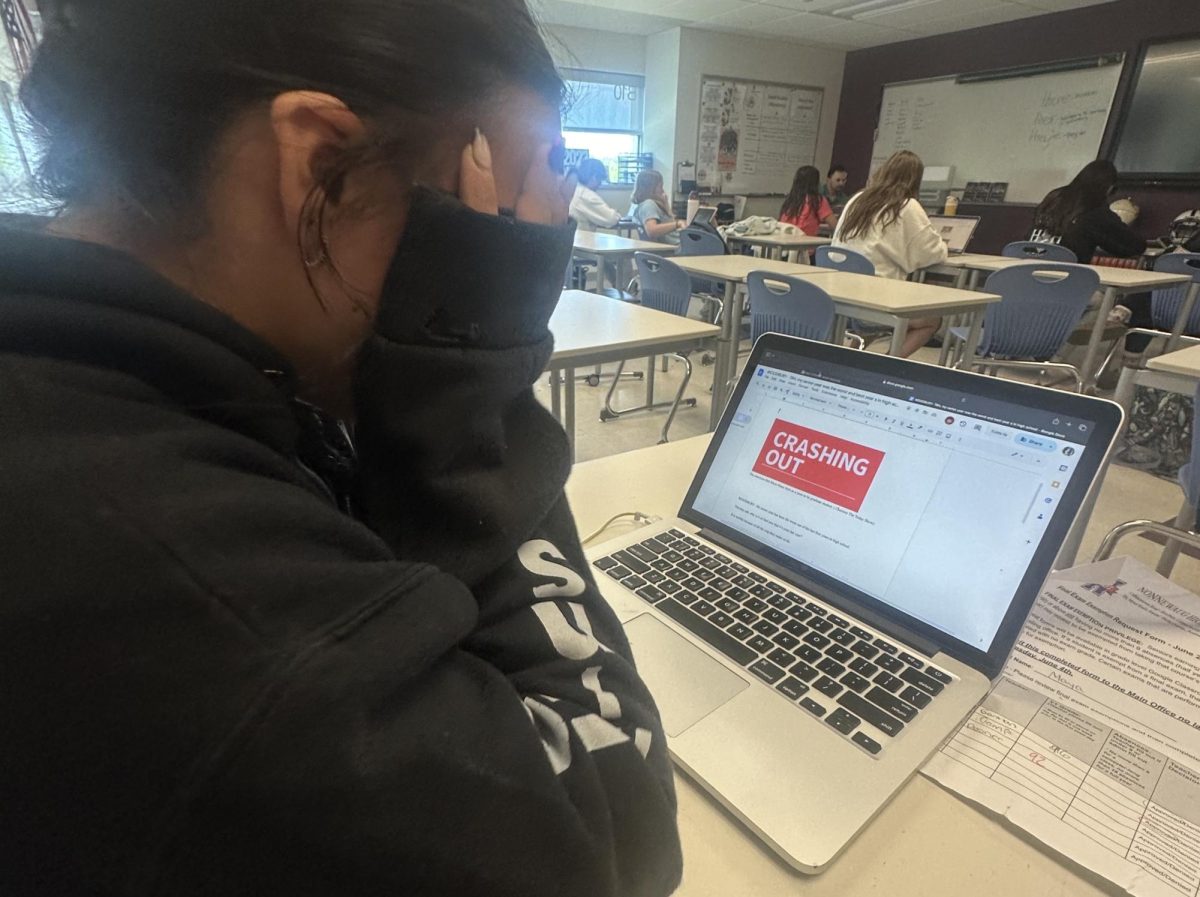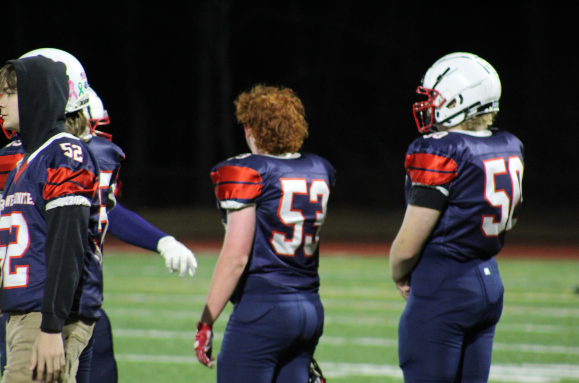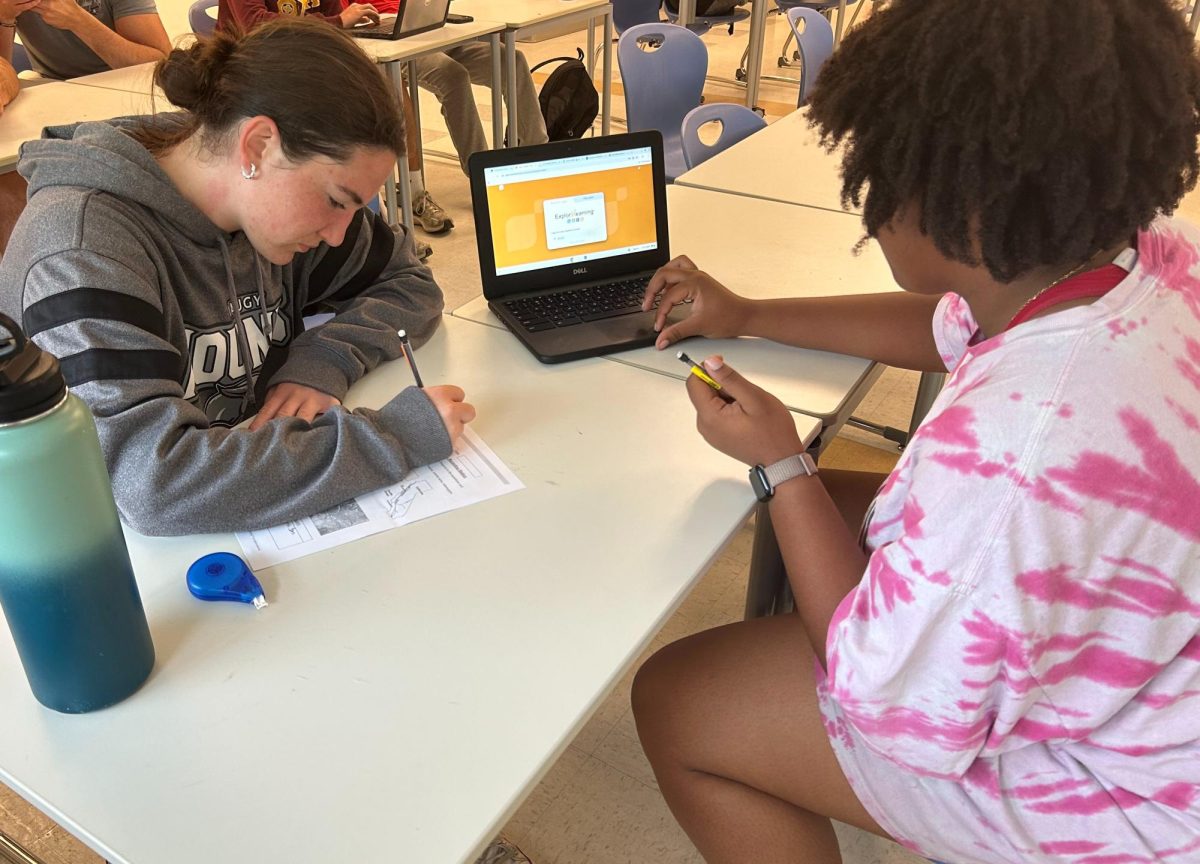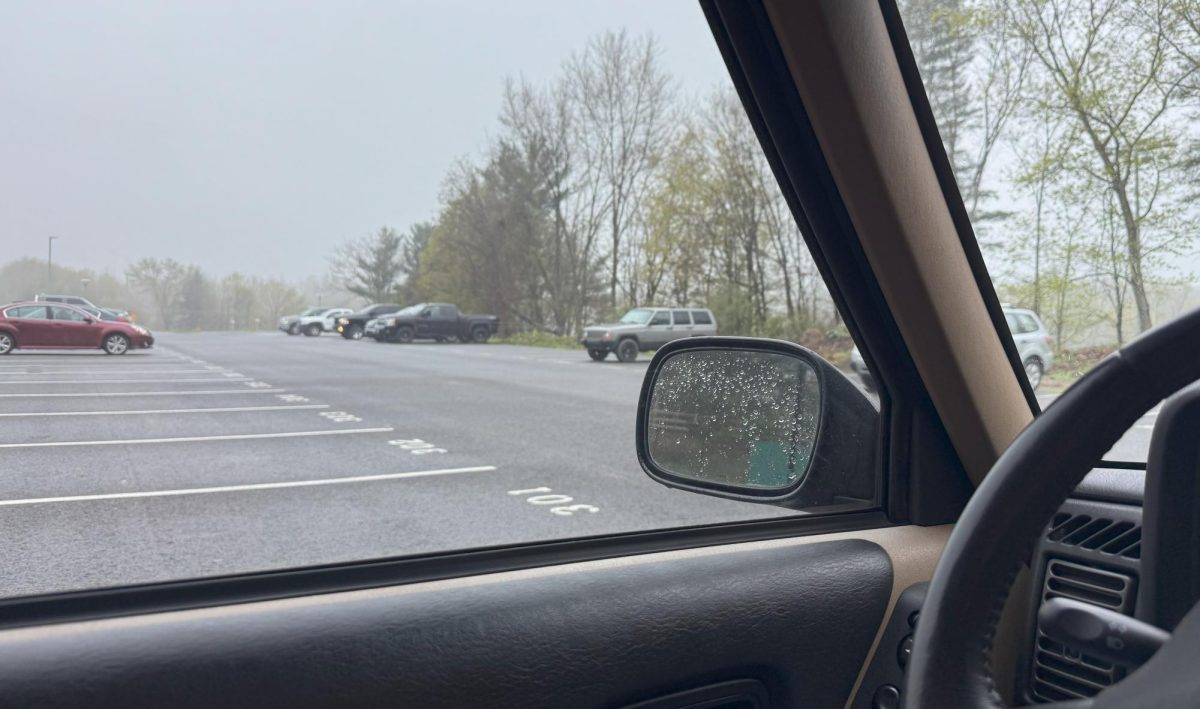WOODBURY — Nonnewaug High School students get their own Chromebooks from Region 14, giving them an opportunity to learn responsibility, do homework, and complete their own research outside of the classroom.
But this responsibility becomes an issue when students are given an assignment, or want to do their own browsing on their computer, and their access is suddenly denied.
Nonnewaug administrators have implemented a proxy that has a list of websites to be blocked that is built into the school-issued Chromebooks, making it impossible to bypass.
According to this year’s student handbook, there is no specific language regarding which websites students cannot access.
Shopping, food, and streaming services are just a few examples of the websites that are on the blocklist, something that students call “frustrating” and “unnecessary.”
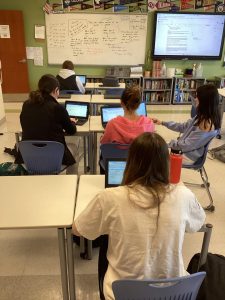
This problem isn’t exclusive to just Nonnewaug, though. According to the American Association of School Librarians, 98% of schools in America have filtered the content that students are able to access on their school-owned computers.
“It’s frustrating because sometimes I need to access a website to do stuff like schoolwork and it doesn’t work,” Nonnewaug freshman Hayley Cardoso says.
This rise in restrictions by schools comes after the outbreak of COVID-19 when schools went virtual for months, a stretch of time where students were increasingly reliant on school-provided Chromebooks. Students who didn’t have their own computers at home would receive Chromebooks to use for learning and Zoom lessons.
During this time, though, more websites on the Chromebooks began being blocked. Students at Nonnewaug recall not as many websites being blocked and more being added as time went on.
“I remember when I was in sixth grade I would be able to watch Disney Plus, and now I don’t think you can use any streaming websites to watch anything,” Ella Lingley, a junior at NHS, says. “I think for some websites it’s unnecessary.”
Teachers can also feel the frustration of the amount of blocked websites.
“We talk about some pretty sensitive topics in health, so it would be easier if there were websites that could be accessible but informational in the same space,” Kyle Tehan, a health instructor at NHS, says. “For educational purposes, these websites should be available.”
This issue stems far beyond just out-of-class work because even in the classroom, students aren’t able to read articles or do other assignments without the message popping up, a common experience shared among every student who has a school-issued device.
“One time for a Wellness assignment, I had to research a fast food restaurant, and I tried to look up Chick-Fil-A, but the word ‘chick’ was blocked,” Hannah Keating, a sophomore at NHS, says. “I feel like it has a negative impact on education because of the amount of keywords that automatically block an entire website. I wish there was a way for them to just block off certain parts of a website rather than the whole thing.”
The only, albeit expensive, solution to bypass this: Students have been buying their own laptops, which NHS administration is now trying to tackle.
“I’ve heard from tech that it [students having their own laptops] causes issues when students have to do testing and we have to give out additional Chromebooks,” Dawn Maletzke, an NHS library assistant, says. “They don’t want to encourage students to use their own laptops. The district gives the school money to buy Chromebooks to use.”
The truth is, continuing to block unnecessary websites won’t do anything for the school. This accessibility issue does nothing except prompting kids to buy their own laptops to avoid the needless proxy that does more harm than good.
“I switched to having my own Chromebook so that I can use whatever websites I want,” Lingley says. “It’s ridiculous.”
This piece is an opinion piece written by reporter Arin Morales ’26.





